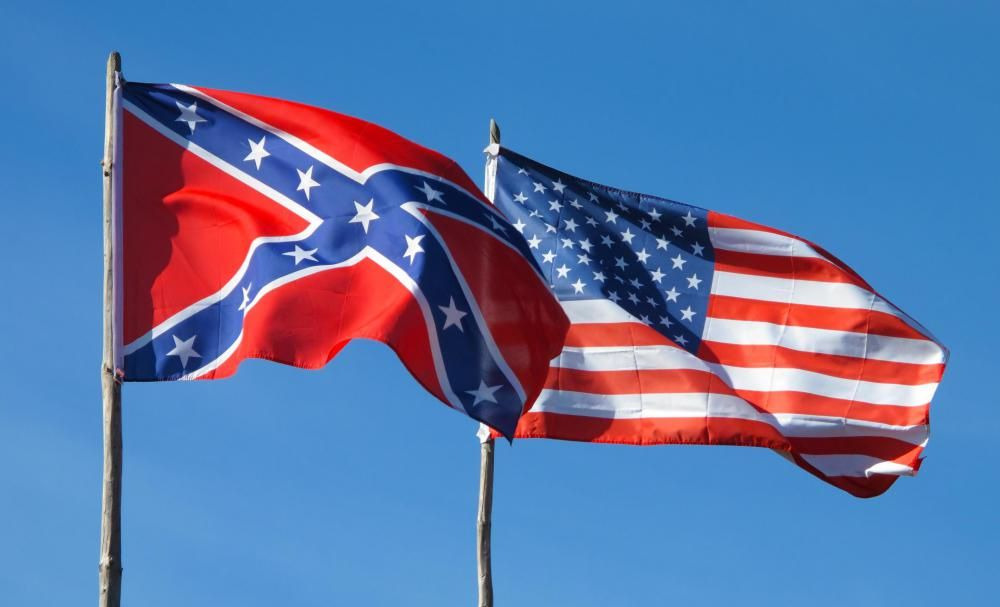
My husband and I consider ourselves “history buffs,” so during our time at home during the pandemic we’ve been delving into a rich menu of offerings of historically themed documentaries and dramas. We began with several series on the British Royal Family which offered a look into the lifestyles and attitudes of people of high privilege and those whose mission it was to serve them. My ancestors were of the latter group, though I don’t think any of my relatives got as far as providing services to anyone of royal birth.
To avoid starving to death during the Potato Famine, one set of great-grandparents took their infant daughter and boarded a ship from an Irish port and emigrated to the United States. From a series on Jews in America we learned more of the backstory on the journey of my husband’s ancestors and their passages to America as refugees from anti-Semitism. But it’s been the new information we’ve been getting regarding our own nation’s history that has been the most surprising –at times shocking, and most impactful.
After seeing the PBS 4 part series on the Reconstruction period “ America After the Civil War,” https://www.pbs.org/weta/reconstruction/ a whole lot of what’s been happening in our country recently began to make sense. The divisions we now see began in that time and have continued for the past 155 years. It’s often said that history is told by the winners of a war, but in this case that has not been so. We kept looking at each other and asking the question – Why didn’t we know this? Why didn’t we learn this in school? We knew about the Nazis, we learned about the devastation of the native tribes that lived on the lands that we now inhabit. But we did not understand the organized, systemic system put in place to allow what the Confederacy fought for (that lost cause) to be restored and continually supported by all means necessary, –specifically through generations of white supremacy’s tactics of domestic terrorism.
I’ve always been offended by the confederate flag, but now I can admit, it has also always frightened me. Driving through a rural part of Pennsylvania with women friends a couple of years ago, we encountered confederate flags displayed everywhere –on fence posts and billboards, on the sides of barns, and on the bumper stickers of cars and trucks. We made a note not to return through this patch of highway after dark.
I thought my prejudice against the flag was because my ancestors did not have a casual relationship to the war between the states. My great-grandfather on my father’s side left his farm in Illinois and fought on the side of the Union. He was wounded, went home and recovered and returned to fight again at the Battle of Vicksburg where he was wounded a second time. Now, with a deeper understanding of Reconstruction and what has followed, I see the continued reverence for this symbol of defeat as a signal to black people and anyone else who would side with them, that the struggle isn’t over, nor is the domestic terrorism that keeps it alive. I’m left wondering if divisions in our country, and arguments in our families, would lessen if we all had access to the same accurate, well-researched historical information about our countries’ and our families’ past, and how it is affecting what we are dealing with now.

